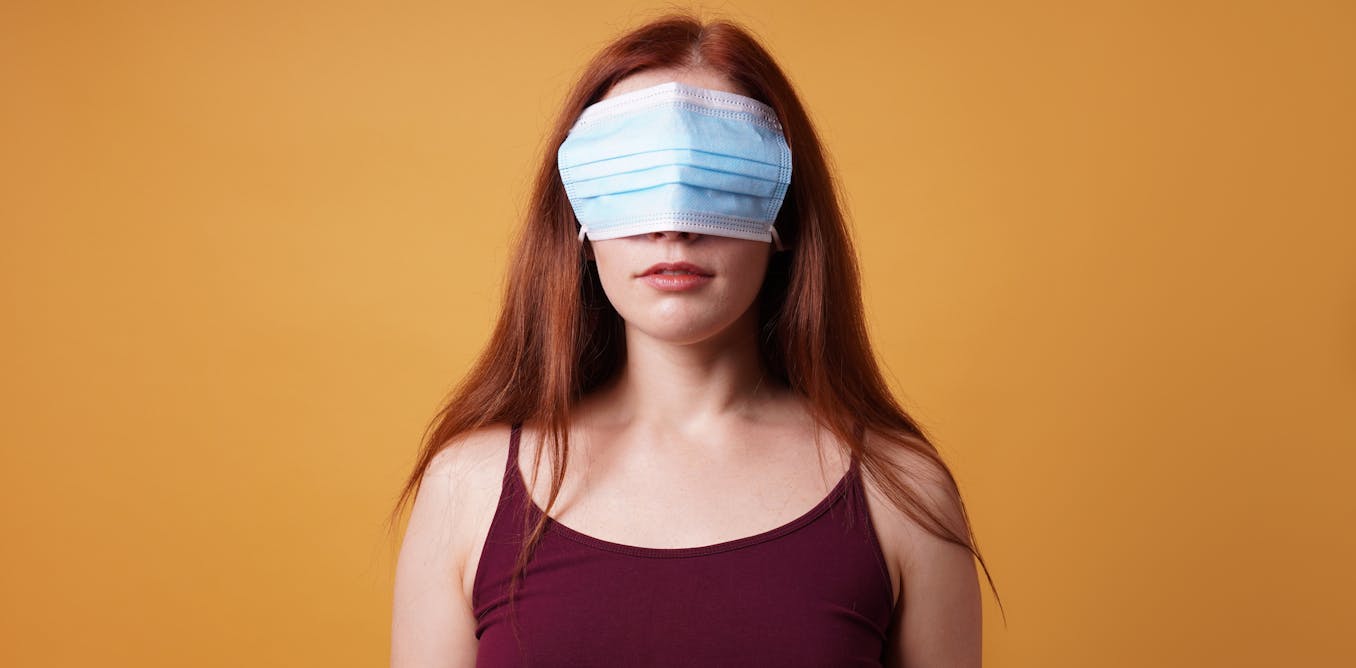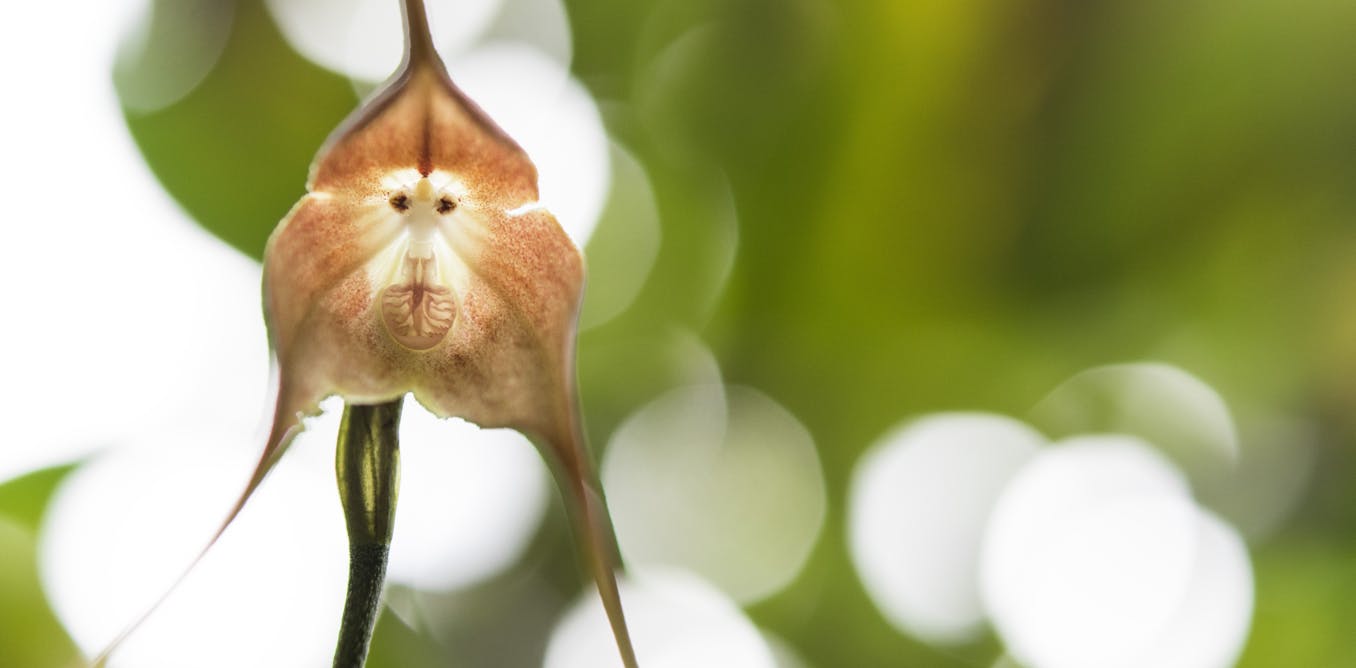Addictions and habits, explained by a neuroscientist, a psychologist, and a journalist
Addictions and Habits: Insights from Experts
In the thought-provoking video “Addictions and Habits,” neuroscientist Dr. Carl Hart, psychologist Dr. Adam Alter, and journalist Charles Duhigg explore the intricate biology and psychology behind habits and addictions. They argue that bad habits can’t simply be eradicated; instead, understanding the neurological framework of habits can help transform them.
Dr. Hart emphasizes that societal perceptions about addiction, particularly concerning substance use, are often misguided. He advocates for a focus on observable behaviors rather than inherent brain chemistry. Following this, Dr. Alter discusses how modern technology exacerbates behavioral addictions, triggering compulsive responses in moments of emotional need.
Duhigg introduces the “habit loop” concept—comprised of cues, routines, and rewards—explaining how nearly half of our daily actions are habitual rather than deliberate. The experts agree that willpower is insufficient for change; instead, they recommend tweaking existing routines while preserving cues and rewards, allowing for gradual integration of healthier behaviors.
This enlightening discussion not only sheds light on why habits form but also offers practical strategies for overcoming them—reminding us that while habits are deeply ingrained, they can be reshaped with time and intention.
Watch the video by Big Think
Author Video Description
We created this video in partnership with Unlikely Collaborators.
Your brain makes habits stick. The good news? The same science shows how to replace the bad ones.
Subscribe to Big Think on YouTube ► https://www.youtube.com/channel/UCvQECJukTDE2i6aCoMnS-Vg?sub_confirmation=1
Watch the full Perception Box series ► https://youtube.com/playlist?list=PL5uULy4b0kV4iomWS7CzqCdOCwj0lFnLr&si=yCY6Ee7m6bpj7E-y
Why are bad habits so hard to break?
Neuroscientist Carl Hart, PhD, journalist Charles Duhigg, and psychologist Adam Alter, PhD explain how your brain wires habits as cue-routine-reward loops that control nearly half of your daily life. They show why willpower alone rarely works, why technology fuels new forms of addiction, and why habits can only be replaced, not erased.
Read more from this interview ► https://bigthink.com/perception-box/brain-briefs-addictions-and-habits-explained/?utm_source=youtube&utm_medium=video&utm_campaign=youtube_description
Explore the Perception Box series hub ► https://bigthink.com/perception-box/?utm_source=youtube&utm_medium=video&utm_campaign=youtube_description
———————————————————————————-
Go Deeper with Big Think:
►Become a Big Think Member
Get exclusive access to full interviews, early access to new releases, Big Think merch and more. https://members.bigthink.com/?utm_source=youtube&utm_medium=video&utm_campaign=youtube_description
►Get Big Think+ for Business
Guide, inspire and accelerate leaders at all levels of your company with the biggest minds in business. https://bigthink.com/plus/great-leaders-think-big/?utm_source=youtube&utm_medium=video&utm_campaign=youtube_description
———————————————————————————-
About Carl Hart, PhD:
Dr. Hart is an Associate Professor of Psychology in both the Departments of Psychiatry and Psychology at Columbia University, and Director of the Residential Studies and Methamphetamine Research Laboratories at the New York State Psychiatric Institute. A major focus of Dr. Hart’s research is to understand complex interactions between drugs of abuse and the neurobiology and environmental factors that mediate human behavior and physiology.
About Charles Duhigg:
Charles Duhigg is a Pulitzer Prize-winning journalist and the author of The Power of Habit, which spent over three years on bestseller lists and has been translated into 40 languages, and Smarter Faster Better, also a bestseller. Mr. Duhigg writes for The New Yorker magazine and is a graduate of Yale University and the Harvard Business School. He has been a frequent contributor to CNBC, This American Life, NPR, The Colbert Report, NewsHour, and Frontline.
About Adam Alter, PhD:
Adam Alter is an Associate Professor of Marketing at New York University’s Stern School of Business, with an affiliated appointment in the New York University Psychology Department.
About Big Think
Big Think is the leading source of expert-driven, actionable, educational content — with thousands of videos, featuring experts ranging from Bill Clinton to Bill Nye, we help you get smarter, faster. Get actionable lessons from the world’s greatest thinkers & doers. Our experts are either disrupting or leading their respective fields.
Video “Addictions and habits, explained by a neuroscientist, a psychologist, and a journalist” was uploaded on 10/15/2025 to Youtube Channel Big Think





















![SARASVATY Lingerie Runway | Fashion4Ukraine NYC 2025 | Empowering Ukraine Through Fashion [4K] SARASVATY Lingerie Runway | Fashion4Ukraine NYC 2025 | Empowering Ukraine Through Fashion [4K]](https://i.ytimg.com/vi/69IGjfkBEZ4/maxresdefault.jpg)














1stttt comment
Not a vast majority of your videos being behind a paywall now..
That's a relief cause I have zero willpower anyways <33
Dr Carl Hart still crushing it
Been watching you for quite some time now and your content is always enjoyable. Thank you for your interesting ideas!◾️🟣😽
You guys sort of invited people to do exactly what you said can't be done, use willpower to change a behavior or habit.
We have to meet folks where they're at, where humanity is at lol – we all want to fix ourselves right freaking now.
Best way to do this is to look up prescriptions/supplements/routines that promote neuroplasticity and/or neurogenesis and then use willpower to steer the ship. Then put the sail up and try to enjoy, have gratitude for the new person you are and will become. That new person will have changed the way that the generations following will behave, that's amazing.
Modern techno gadgetry: mobile nicotine factories available at your finger tips with ease and convenience
Yes, but you didn't talk about how you can change the routine and yet deliver same rewards. Maybe some examples would help?
those 'obligations' can drive addiction – its also a stress response.
LACKING DISCIPLINE
My dad was an avid smoker. Lost a tooth, quit that same day. So I don’t get the idea that you ‘can’t change a habit overnight.’ Sometimes it takes a bit of anger or deep fear—but it happens. I’m not saying people should live with anger or fear, but when it comes to well-being, sometimes that’s the push you need. Without it, there’s no real internal force to stop you.
We don’t have free will.
Nothing new. some Old fashion stuff
I almost didn't recognised charles duhigg here, he looks different
You know who else smoked until death? Albert Einstein. My point being let the free bird be free man😂
I believe it, because, when I had both good and bad "interruptions", my habit changed immediately.
Notice I didn't say "stopped", just switched to another habit !!!
We dont break habits we replace them. Good or bad. But yall do it for me. Get yourself good habits. Get healthy
My problem is that I can't get addicted to good habits.
Cue – Routine – Reward. Behavioral indicators. Change the routine. < Facebook, Instagram, and all of social media figured out how to hack this. This is a systemic and collective issue with all of society, but it’s all of our faults instead of the corporations who decided to hack our brains and make us slaves?
While watching this video, I couldn’t help but thinking of escapism. The cue is stress, the routine is to escape, and the reward is a few minutes of peace.
We literally have food that grows out of the ground. We literally could be lying naked in the sun, eating delicious fruit, and having sex all day. But throughout history, a series of psychopaths took it all, and decided to sell it back to us, and made our entire lives about buying back what nature already gave us. Which is a form of control.
Another point I thought about when watching this video is “ Is this for neurodivergent people as well?” Because this sounds like something that I would hear or read on the walls at work and some type of quasi motivational poster. Which never works for non-typical.
Simply put, life sucks, and it sucks even more when five days out of the week your entire life is about being somewhere and doing something that doesn’t benefit you in any way, except the CEOs renovation of their fourth yacht. They get to indulge their absolute, worst fantasies in real time, while we’re made to feel like absolute shit because we need a cigarette, or a beer, or a bowl of ice cream and stealing away a few minutes back for our lives for that little tiny reward.
the illusion of free will
John 3:16
New International Version
16 For God so loved the world that he gave his one and only Son, that whoever believes in him shall not perish but have eternal life.
❤
This is all over the place. I have lots of habits that don't have immediate rewards, for example brushing my teeth. Seeing food and getting hungry is not a "habit", it's physiologic. And neither has anything to do with drug addiction.
Bruh you can’t have Carl Hart and expect people to take this seriously😂
What if you like your bad habits??
My friend, who was a chain smoker and used to surrender to his smoking urges, quit smoking cold turkey when his mother told him to do so. He loved his mother. Sadly, she passed away. He is surrounded by colleagues and friends who smoke; he even goes with them to pubs and all, but he does not smoke anymore. He kept his promise. Is it willpower or love that helped him?
Hahaha!! I've been calling smart phones "adult pacifiers" for years!
Avoidance of suffering is a factor. When I quit smoking (about 12 times before I could make it stick) I suffered! Your brain tells you constantly that you don’t need to suffer, just smoke that ciggy and this will end. It is not just a routine, there is real physical anguish in giving up that drug which is part of the routine. In the end, I switched out knitting for smoking, and it stuck. I still suffered.
(25 years later, I have to give up knitting because of problems with my hands. I feel cut adrift into a sea of no routine. So far I have not found a suitable replacement routine.)